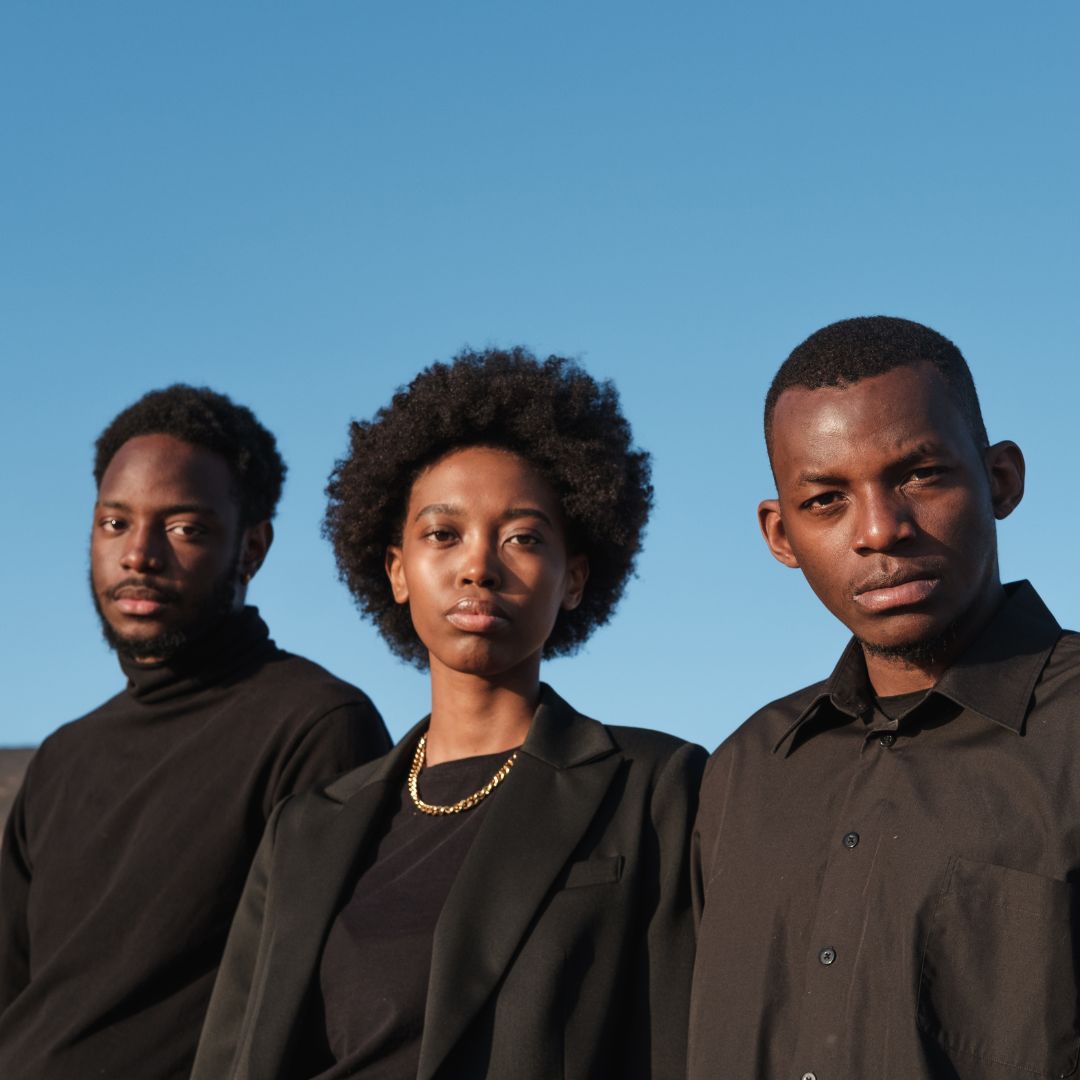Does Inclusion Drive Better Guest Experiences?

Representation isn’t just a social talking point — it’s a business advantage. In hospitality, the most diverse teams create the most memorable experiences. When every culture, background and voice is part of the story, guests feel truly seen.
Walk into a restaurant where the menu reads like a travel journal, with dishes rooted in different cultures, ingredients sourced from around the world, music that changes with the crowd. This is representation.
In an industry built on human connection, the diversity of the team shapes the diversity of the experience. When the people designing, cooking and delivering your product reflect your guests, authenticity follows naturally.
The Link Between Representation and Experience
Representation isn’t a box to tick — it’s the secret ingredient that makes experiences richer. Consider a few simple examples:
-
A front-of-house team that mirrors the backgrounds of its guests can anticipate nuances in service, language, and culture.
-
A diverse kitchen brigade introduces new techniques, spices, and traditions that elevate creativity.
-
A management team with lived experience of different communities brings broader insight into marketing, recruitment, and event design.
Research from McKinsey & Company shows companies in the top quartile for ethnic diversity are 36% more likely to outperform peers in profitability. That’s not coincidence — that’s connection turned commercial.
When Representation Is Missing
Without representation, businesses risk falling into tokenism or cultural missteps. Think of menus that “borrow” global dishes without crediting their origins, or events themed around cultural celebrations designed without any consultation.
Guests spot it instantly. Authenticity can’t be staged — it’s built from within. And for staff, the absence of role models sends a silent message: leadership here isn’t for people like you.
Real-Life Examples Making It Work
Across the UK, we’re seeing progress.
Venues such as The Ned in London reference leadership development and mentoring as part of their culture, a model other hotels can build on.
Some hospitality-led groups have begun forming inclusion panels or advisory boards to broaden decision-making and representation.
Independent venues across London and Manchester are stepping into the cultural-hub role - blending food, art and identity to reach diverse audiences.
For Hotels, Restaurants & Event Teams
So how do you ensure representation genuinely improves the guest experience?
-
Hire for Perspective, Not Just Position. Think about who’s in the room when new ideas are shaped.
-
Train Leaders to Listen. Diversity only works if inclusion follows. Encourage managers to understand different communication styles and cultural cues.
-
Promote from Within. Review career pathways — are talented individuals from under-represented backgrounds stuck at supervisor level?
-
Build Cultural Awareness into Service Training. A simple discussion about holidays, customs or languages among the team builds empathy and understanding.
-
Celebrate Authentically. During events like Black History Month, give space to team members to share their stories — not through PR campaigns, but genuine storytelling.
Representation as a Brand Strength
Hotels such as The Hoxton and citizenM reflect this philosophy: their brand positioning emphasises community, creativity and culture. The Hoxton’s lobby-gallery spaces and local-artist programmes, for example, show how guest experience and identity can co-exist. Inclusion, when done properly, becomes part of the story – and that story strengthens brand reputation
Inclusion, done properly, isn’t political. It’s the art of making everyone feel they belong, guests and team alike. It's personal.
Final Reflection
Representation on the menu isn’t about ticking a corporate DEI box; it’s about flavour, empathy and shared experience. The best hospitality has always been about people — and when those people bring their whole selves to work, everyone feels it.



